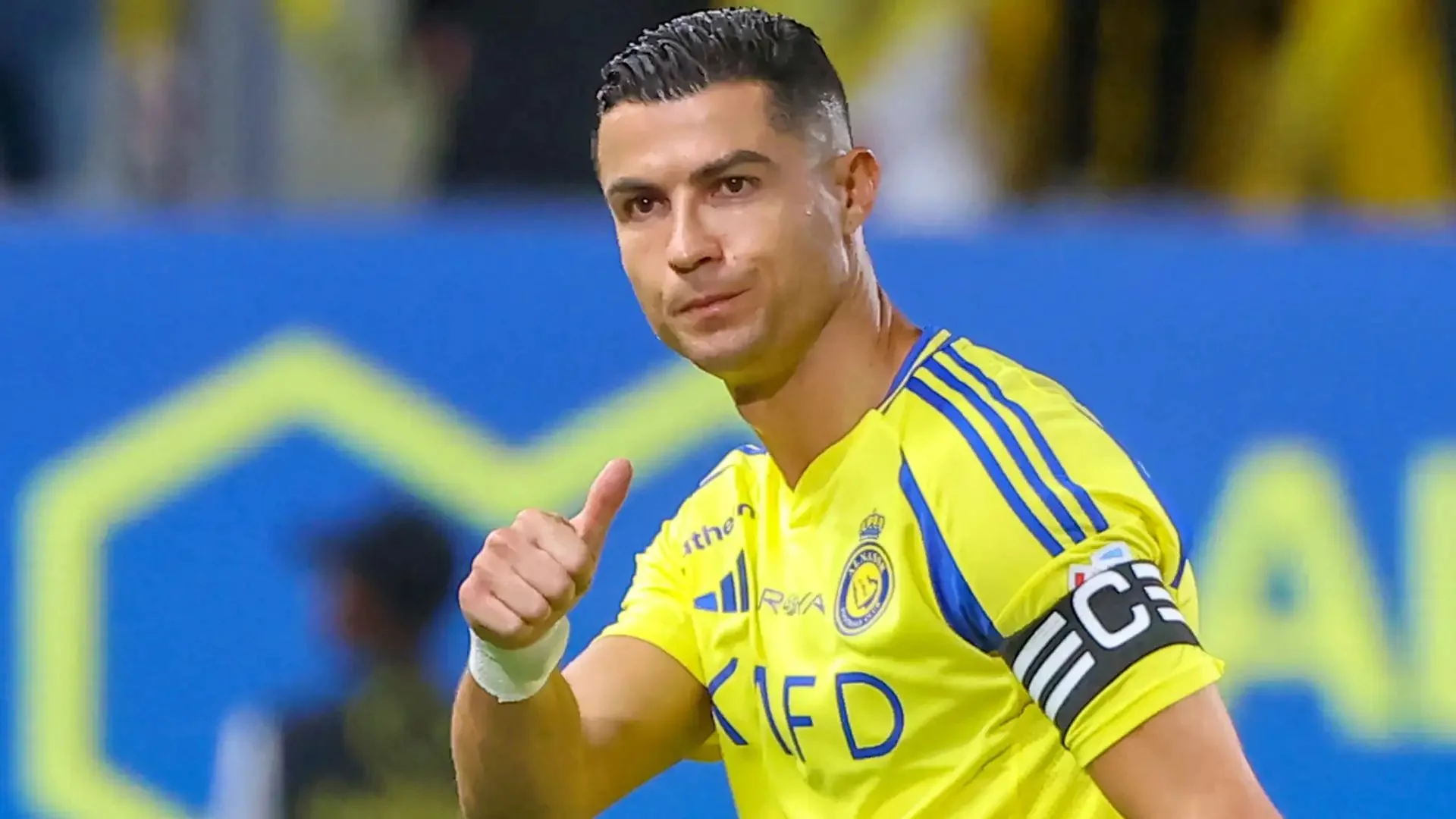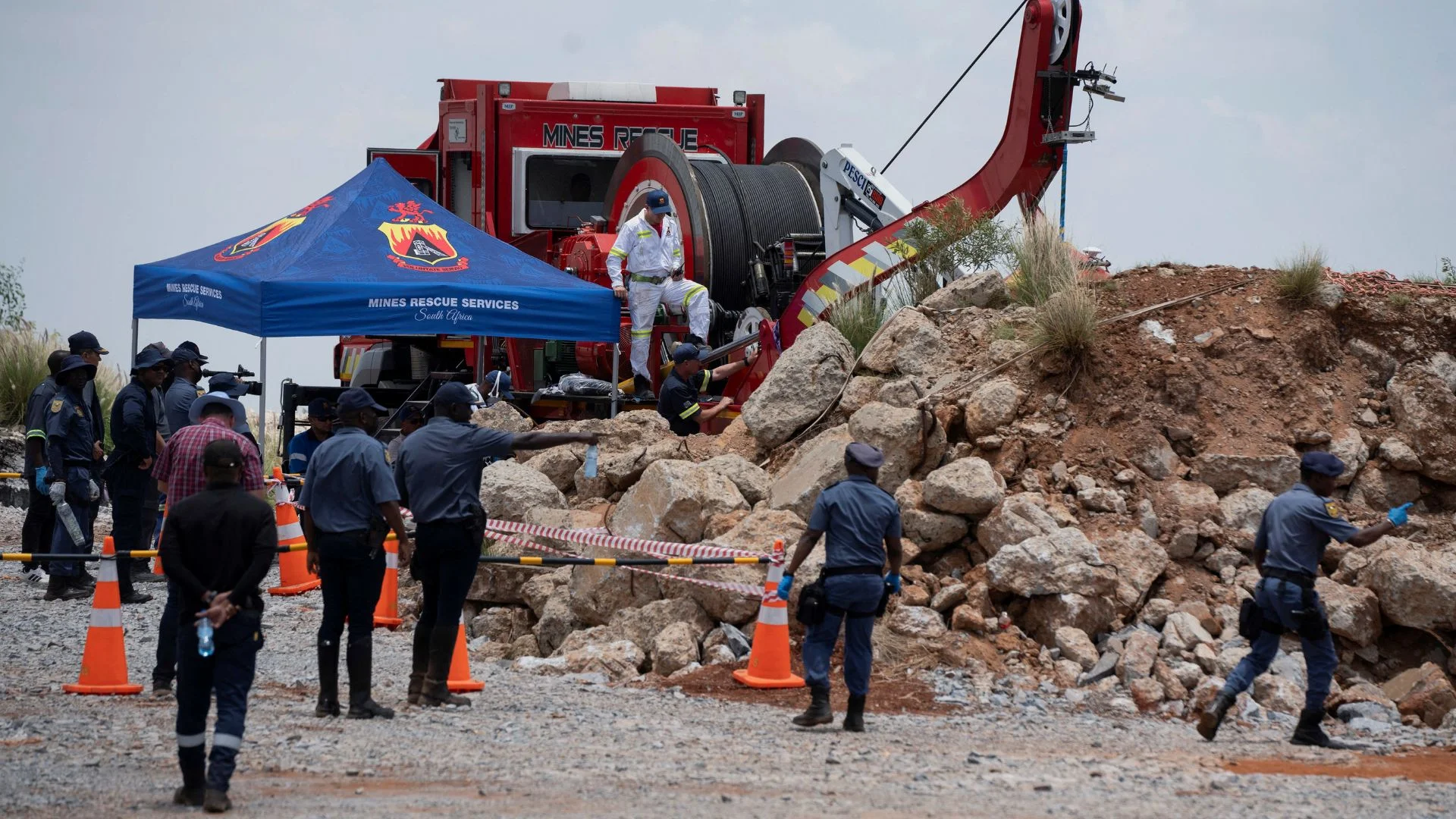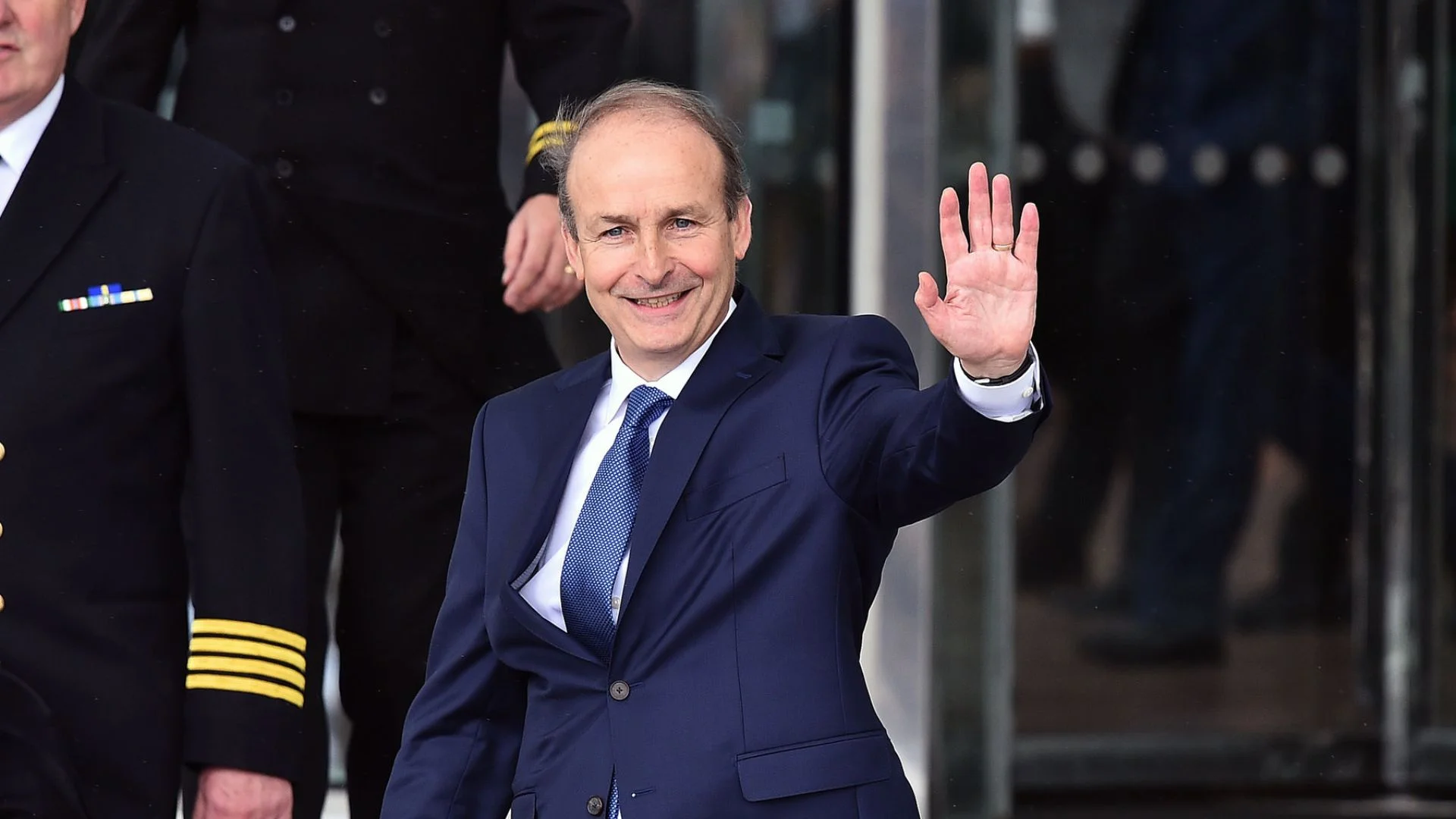As India’s G20 summit presidency came to a close on Sunday, Prime Minister Narendra Modi spearheaded calls for sweeping reforms in global institutions, reflecting the “new realities” of today’s interconnected world.
The focal point of the address was a fervent call for the expansion and renovation of the UN Security Council and the development of internationally unified approaches to emerging threats in cybersecurity and cryptocurrency regulations.
Marking a historic milestone under India’s presidency, the African Union was granted permanent G20 membership. The summit further saw a united stance on the Russia-Ukraine conflict, demonstrating India’s diplomatic acumen in steering discussions towards upholding territorial integrity and sovereignty. Prime Minister Modi emphasised the urgency to modernise global structures, pointing to the outdated nature of the UN Security Council that maintains only five permanent members despite the significant growth in the number of recognized nations. He stressed that global structures should resonate with the transformations seen in various sectors, including transportation and education, urging for a more inclusive and representative council reflecting the nearly 200 countries in today’s global landscape.
Echoing Modi’s views, Brazilian President Luiz Inácio Lula da Silva, who is to assume the next G20 presidency, highlighted the necessity for greater representation of emerging economies in global entities such as the World Bank and the IMF. The leaders envisioned a shift from a GDP-centric approach to a “human-centric” focus in governance, encompassing a collaborative spirit and unified action in facing global challenges.
In the context of surging issues surrounding cybersecurity and cryptocurrency, Modi emphasised the need for globally coordinated security frameworks and the development of international standards for cryptocurrency regulation, identifying cyberspace as both a promising frontier and a potential source of threats, including terrorism financing.
Global leaders including U.S President Joe Biden and French President Emmanuel Macron praised India’s leadership at the summit, applauding the emphasis on a harmonised vision for the future, characterised as a “global family.”
As the summit drew to a close, a sense of anticipation enveloped the international community, eagerly looking forward to the collaborative efforts envisioned for the road ahead to the next summit in Rio de Janeiro in November 2024. To symbolise hope and peace, a tree plantation ceremony led by PM Modi marked the conclusion, encapsulating the spirit of unity and the collaborative pathway envisioned for the future. Prime Minister Modi encouraged a future underscored by inclusivity and the welfare of humanity, pledging India’s commitment to sharing its lunar mission data universally. The handover ceremony conveyed a message of steadfast faith in Brazil’s upcoming leadership to nurture global harmony, with a proposed virtual G20 session in late November to further deliberate on decisions and to foster sustained cooperation amongst nations.
As India handed over the reins to Brazil, the leaders pledged to nurture global unity, embarking on a pathway of collaboration, and unified action, grounded in the vision of a “global family,” transcending beyond the concept of a “global village,” into a future of harmonised interests and interconnected relations.
Brazil assumes incoming G20 presidency
In a ceremony on Sunday, Indian Prime Minister Narendra Modi passed on the symbolic G20 gavel to Brazilian President Luiz Inacio Lula da Silva, officially marking the transition of the G20 chairmanship which Brazil will formally assume on December 1st. Modi expressed staunch support and confidence in Brazil leading the group towards common objectives of global unity and prosperity. Modi proposed convening a virtual summit at the end of November to evaluate the progress of the initiatives and decisions undertaken during India’s presidency. “We have the duty to carefully scrutinise the suggestions put forth, examining how they can be accelerated,” said Modi. He emphasised the importance of reviewing the agreed issues and encouraged participation in the virtual session slated for November. Addressing the leaders, Lula echoed Modi’s sentiment for solidarity, emphasising the necessity for peace and collaborative efforts in tackling current challenges. He rejected the notion of a “divided G20,” calling for cooperation over conflict. The upcoming summit is scheduled to take place in Rio de Janeiro in November 2024.























